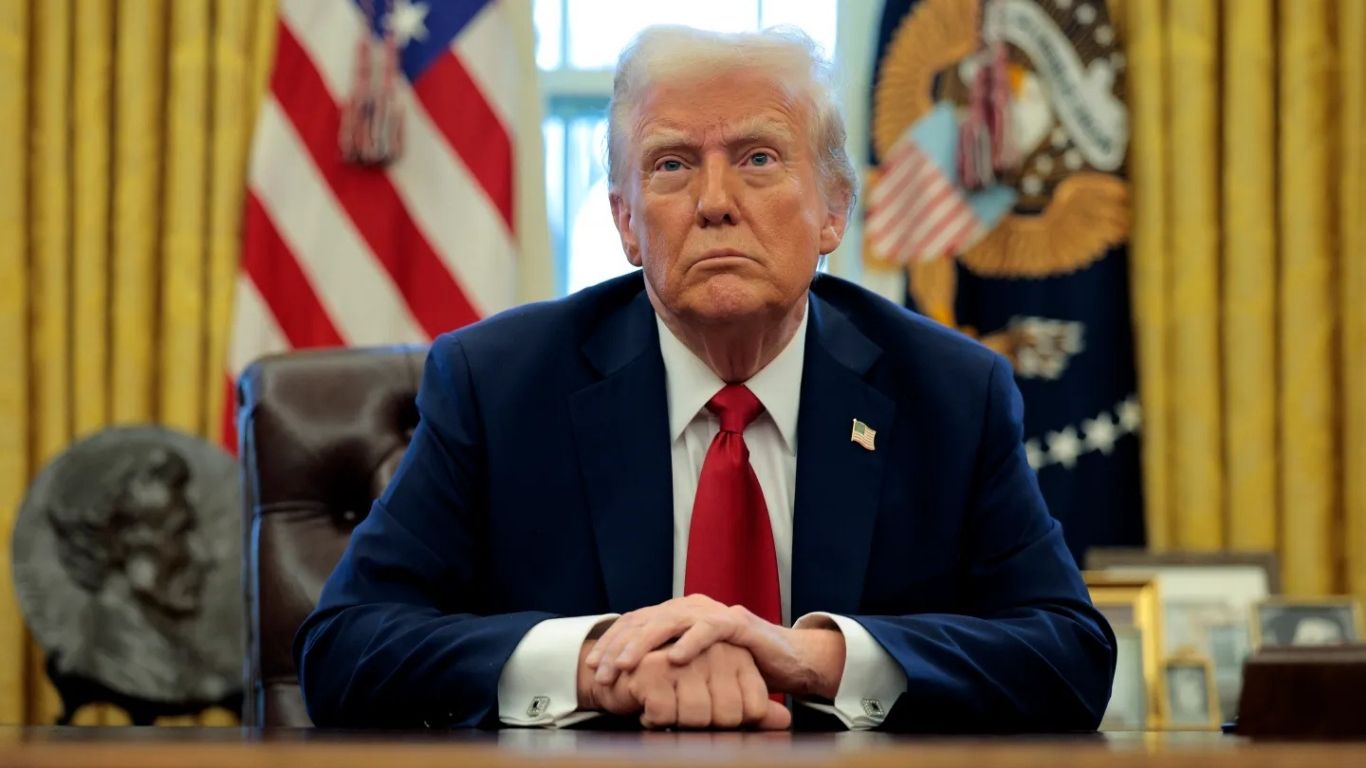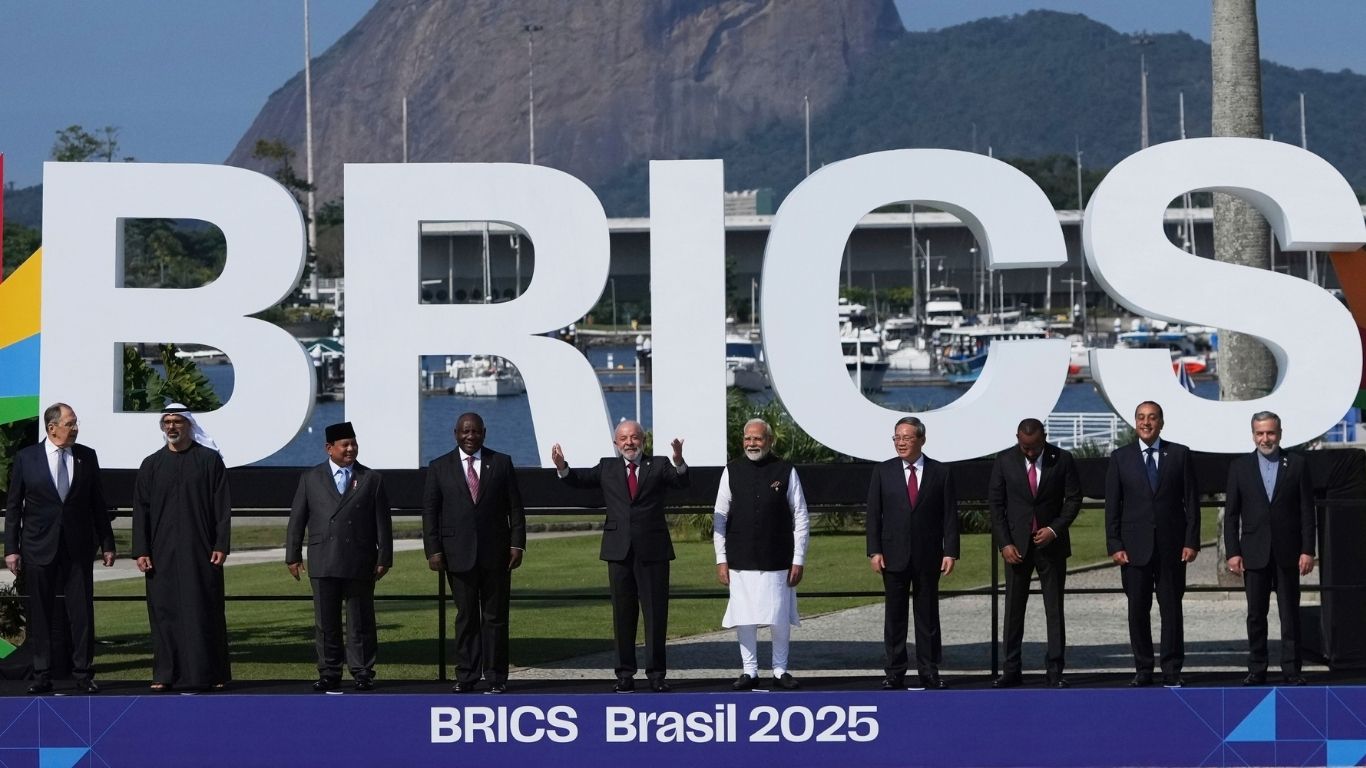The Syrian economy has been in a very bad state due to the civil war for the past 14 years. They need the help and cooperation of the whole world to turn around financially.
In 2011, the country’s economy was worth 67.5 billion dollars. That same year, violent protests began against Bashar al-Assad. The rebels increased their activity. A full-scale civil war began. Syria was ranked 68th among 196 countries in the world in terms of economy. Their GDP was comparable to Paraguay and Slovenia.
But last year they were ranked 129th. According to the World Bank, their economy is now worth 9 billion dollars. Now they can be compared to Chad and Palestine. Due to the civil war that has been going on for almost 14 years, international sanctions and the departure of 4.8 million people from the country have now made it known as one of the poorest countries in the Middle East.
A Devastating Stature
According to the UN branch organization OCHA, 7 million people in the country are now homeless. As a result of this long-term conflict, the country’s infrastructure is in a very bad condition. Electricity, transportation, and health systems are in poor condition.
Many cities are littered with signs of destruction. The conflict has led to a drop in the value of the Syrian pound, which has also reduced the purchasing power of Syrians.
Last year Syria suffered from severe inflation. In June, the Syrian Center for Policy Research (SCPR) reported that the consumer price index had doubled compared to the previous year. Half of Syrians were unable to buy even the bare necessities of life, according to its report.
The two pillars of Syria’s economy are oil and agriculture. The war has hit both. In 2010, oil exports accounted for a quarter of the government’s revenue. Agriculture also accounted for a similar amount. But rebels, ISIS, and Kurdish forces have seized control of Assad’s oil fields.
The government is also unable to export oil abroad due to international sanctions. Oil production in areas under Assad’s control has fallen to 20,000 barrels per day. Syria has become completely dependent on imports from Iran.
Seeking ways toward normalizing
How soon will normalcy return?The answer to this question depends on who will be in power in Syria. They will have to rebuild their cities, fix their infrastructure, and properly utilize their agriculture and oil fields.
Some Syria experts believe that it will take at least 10 years to reach the GDP of 2011. However, if political instability occurs after that, they fear that the situation in Syria will worsen.
The rebels, led by Hayat Tahrir al-Sham (HTS), a former al-Qaeda affiliate, have captured Damascus. They are now trying to form a new government. However, very strict international sanctions will remain in place in Syria.
The United Nations and the United States have declared this organization a terrorist organization. Western and Arab countries believe that HTS’s rule in Syria means the beginning of a radical regime that will remove Assad.
Looming threat of Sanctions
Delaney Simon, a senior analyst at the International Crisis Group, wrote on social media, “Syria is under very strict sanctions.” When that country is trying to stand up, this embargo is like taking the ground out from under their feet.” Experts do not believe that any international organization will help Syria if this embargo is in place.
Last Sunday night, US President Joe Biden said that the United States can help them as much as possible. America will help them to move from Assad’s rule to a sovereign regime. But President-elect Donald Trump said on social media that Washington should not get involved in Syria.
The news agency AP reported that the Biden administration has discussed whether to remove HTS from the list of terrorist organizations. An EU spokesman said in Brussels on Monday that what HTS says is not a big deal; what they do is a big deal for the EU.
The Road Ahead
What could happen now?HTS leader Mohammed al-Jolani spoke with Assad’s former prime minister and vice president about the transfer of power. Shops were closed due to a curfew imposed across the country. Reporters revealed that Syria’s central bank and two commercial banks will open on 10th December. Employees have been asked to come to the office. The current Syrian currency will remain in effect.
The oil ministry has asked all its employees to report to work. They have been told that they will be protected. UN aid chief Tom Fletcher wrote on social media on Sunday that they will be by the side of the people. Food, water, fuel, and blankets will be provided at reception centers.




